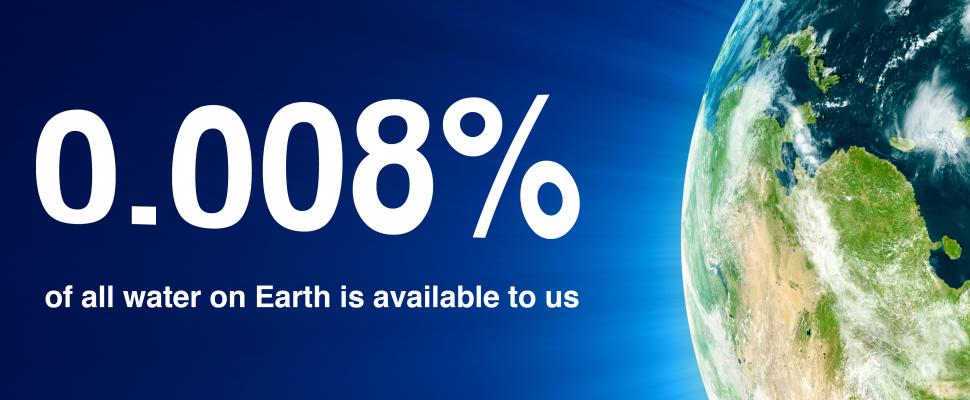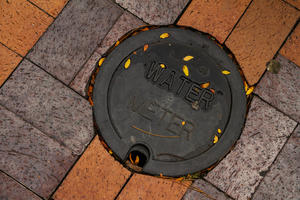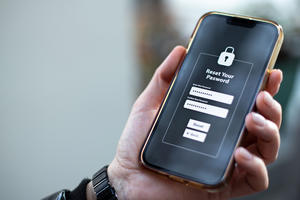Most people would agree that water is a precious resource, yet many of us in the UK still take it for granted. We use water all the time in our everyday lives and businesses rely on water to produce goods and provide services.
You probably don’t think about how much water you’re using every time you flush the toilet, have a shower, brush your teeth or wash the dishes. And it’s unlikely that you’d consider how much water it takes to produce chocolate when you pick up a quick snack in the supermarket (17,196 litres of water per 1kg of chocolate, in case you were wondering).
The ‘Love Water’ campaign was launched on 31 July to raise awareness of the importance of water and the role we all play in protecting it. The campaign will feature events and initiatives designed to engage the public, such as beach and river clean-ups and water-saving projects.
The campaign is backed by more than 40 environmental groups, charities, water companies and regulators, including Water UK, Ofwat and the Environment Agency.
Are we really running out of water?
It might seem like our supply of water is abundant – after all, water covers around 71% of the so-called 'blue planet'. However, the vast majority is salt water. Roughly just 2.5% is fresh water (the type needed by humans, animals and plants) but even most of that is locked up in ice or deep underground. This leaves only 0.00775% of all the planet's water available to us.

Although the amount of available fresh water stays constant, the reality is that climate change and population growth is putting increasing pressure on the water environment.
Climate change disrupts the water cycle, increasing the likelihood of heavy rains and extreme droughts. In the UK, the 10 hottest years on record have all occurred since 2002 and these hotter, drier summers increase the risk of water shortages.
Meanwhile, world population is forecast to increase from the current 7.7 billion to 8.6 billion in 2030 and 9.8 billion in 2050. We need water to survive; at least 60% of the adult body is made up of water. A growing population will increase demand on finite water resources and means there is a real risk that demand for water will outpace supply.
Small changes can make a big difference
Many people are not aware of how actions like flushing wet wipes or washing greasy pans in the sink can harm wildlife and affect water quality. The ‘Love Water’ campaign will raise awareness of the small changes people can make to achieve a big difference.
Some of the facts are staggering:
- Most brands of wet wipes are not flushable and can cause blockages and pollution when they get into sewers. In fact, the UK water industry spends £100 million each year on clearing blockages caused by the wrong things going down sinks and toilets
- Spring beach cleans organised by Surfers Against Sewage removed almost 66 tonnes of litter from beaches across the country in 2018, and almost 71 tonnes in 2019
- 1 litre of oil poured down the sink can pollute 1 million litres of water

Sir James Bevan, Chief Executive of the Environment Agency, said: “We know that everyone has a duty to preserve and protect water and the campaign will also work with industry, water companies and other regulators in the longer-term to cut down on wastage.”.
We help businesses become more water-efficient and cost-effective
A long-term ambition of the ‘Love Water’ campaign is for businesses to make water saving and pollution reduction part of their operational and corporate responsibility targets.
We can help. We’re a leading national water retailer and work with over 300,000 customers throughout the UK, from SMEs to large businesses and public sector organisations. Our experts help customers manage their water and wastewater, reduce water consumption, improve water efficiency and lower water bills.
Why not find out how we can help your business?
By Will N. | 30 August 2019


